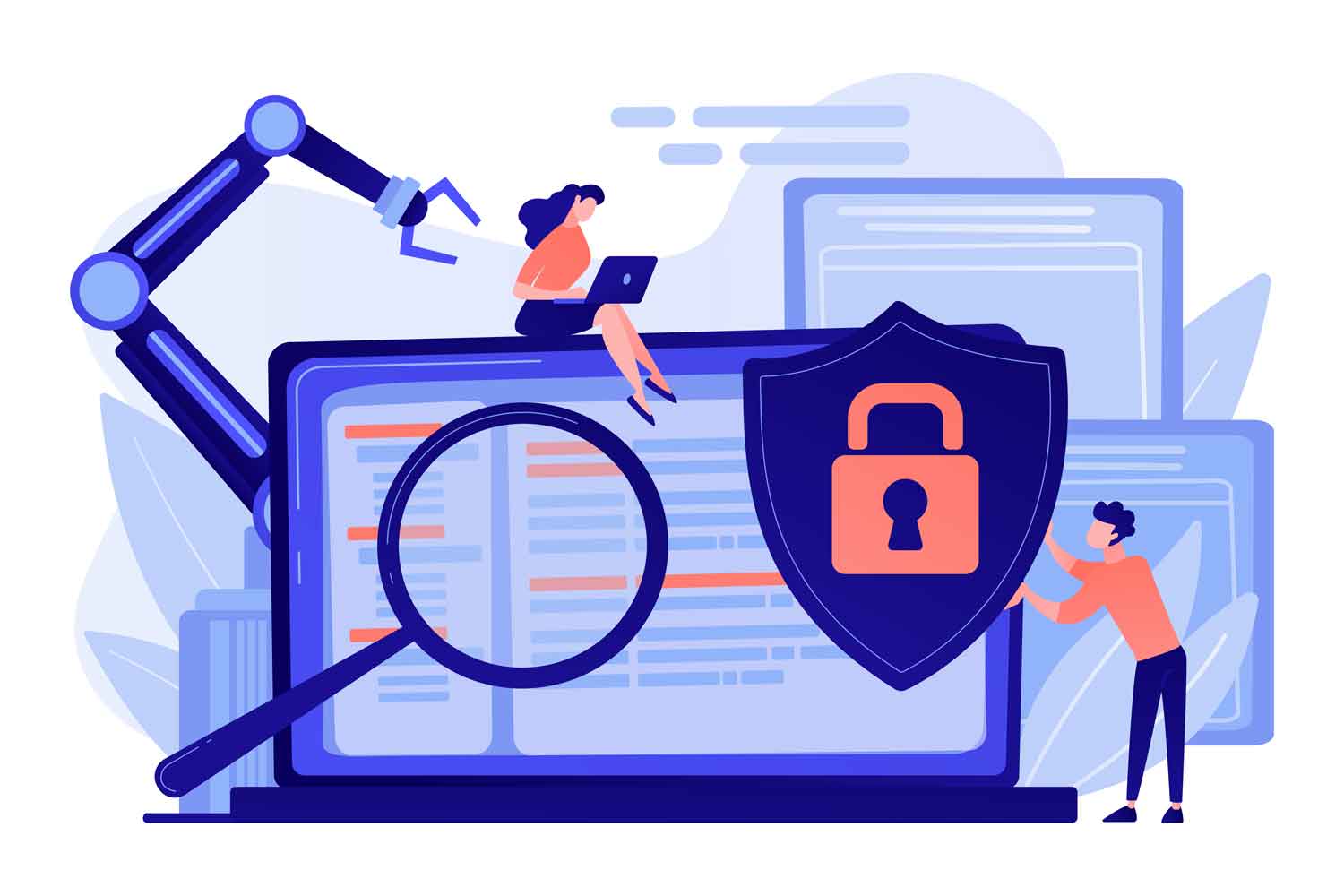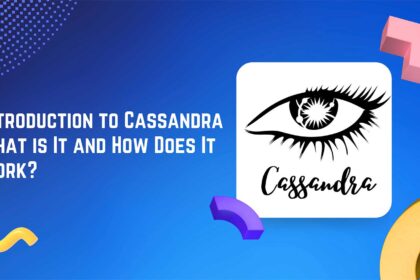Businesses that store information online or on computers are vulnerable to cyber-attacks. Hackers will infiltrate your data and “hold it hostage” while demanding payment to release it. Cyber insurance is available as a standalone policy or an endorsement of your existing general liability coverage. It can also be bundled with technology errors and omissions (E&O) policies.
What is Cyber Liability Insurance?
Cyber insurance is an insurance product that helps protect businesses from various losses from hacker attacks, malware, viruses and other cyber incidents. It provides liability protection for data, funds and equipment loss or theft. It also covers expenses incurred due to the disruption to business operations caused by a cyber incident. These include a business interruption policy that reimburses lost revenue, extra fees, and third-party expenses like customer credit monitoring. It can cover the cost of restoring digital information and damaged or destroyed software programs. It may also pay to defend the business from lawsuits from a data breach.
Many insurers offer policies that are tailored for specific types of businesses. For instance, a software development firm may get cyber liability insurance covering first-party expenses, including notification charges, credit monitoring, and legal costs for defending against state authorities and customers’ claims. It might also include technology errors and omissions (tech E&O) insurance, which reimburses the firm for the cost of lawsuits stemming from negligence in designing or providing technical services or products. Many experts in cybersecurity, like Fortinet, encourage all businesses to avoid paying large ransomware settlements for many reasons. If it is too late to put safeguards in place, a cyber liability policy helps protect them from financial losses related to data breaches or other cyber threats. Cyber liability and tech E&O are different from general business insurance, which typically pays for property damages, losses or injuries resulting from the operation of the business, including harm to customers. General insurance brokers or agents generally sell this type of coverage.
How Does It Work?
Most cyber liability policies include first-party coverages that reimburse the business for expenses it incurs after a cyber incident. It includes costs related to data restoration, customer notification and providing credit monitoring or other anti-fraud services for those affected by a breach. It also covers legal defense expenses, if any. Consider a cyber liability policy if you store customer information online or on computers. It could pay to cover a ransomware settlement that hackers might demand, or it can help make up for the income lost while you recover from a breach. It also helps with the cost of restoring your systems, replacing equipment and retraining employees.
Some companies have had to close after a cyberattack. Even small businesses can face large financial losses, especially if they lose sensitive information, such as customer records or credit card details. Insurance providers often add exclusions to cyber insurance policies because large payouts can be expensive to insurers. They might exclude damage caused by natural disasters or terrorist attacks, for example, or limit the scope of third-party claims to cases where the company knew or should have known about an attack and did not take steps to prevent it.
What Coverage Do I Need?
Most traditional business insurance policies don’t have language explicitly including or excluding cyber exposures, so it’s usually best to buy a standalone cyber policy. First-party cyber liability insurance, or data breach coverage, is typically recommended for small businesses. This type of policy pays for expenses related to a data breach, such as hiring digital forensic experts, providing customers with credit monitoring services and paying Payment Card Industry (PCI) compliance fines. It can also cover extortion demands from hackers who hold private data hostage or block your business’s access to critical services.
Tech errors and omissions insurance, or tech E&O, is another kind of professional liability coverage that helps you pay for lawsuits if clients sue over your negligence in a cybersecurity matter. For example, if you’re a software developer and an error in your code results in a client’s financial data getting stolen from their computer, this policy would help protect you.
How Do I Buy Cyber Insurance?
A cyber insurance policy can be a great investment, but carefully considering coverage and deductible options is important. Every insurer has different terms and conditions, so it’s important to shop with experienced brokers who understand the nuances of this unique coverage. Insurance that guards against data breaches may assist in covering charges for, among other possible losses, alerting consumers of a breach, engaging a contact center to handle inquiries, public relations counsel, and IT forensic fees. The size of a business, annual revenue and industry type may also affect premiums.
In addition to traditional cybersecurity risks, a cyber insurance policy may cover claims arising from defamation or intellectual property theft. It is particularly helpful for businesses with large social media presence or creating digital content and advertising. Like other types of insurance, a deductible associated with a cyber policy must be met before the insurance provider begins paying on a claim. It is important to evaluate the deductible against an expected value calculation, which should include the impact of a cyberattack on your business and a range of possible outcomes, from the most likely to the most catastrophic.
[sc name=”40849″][/sc]











